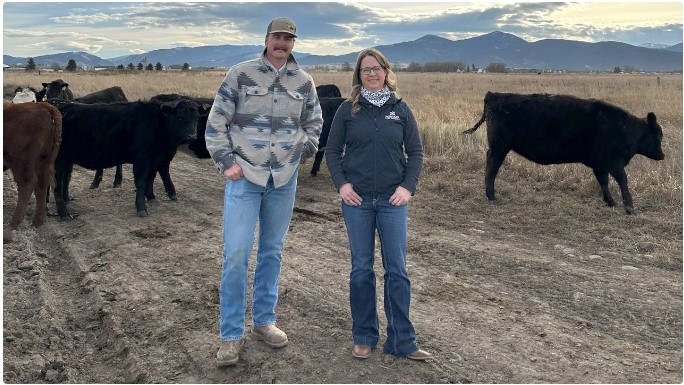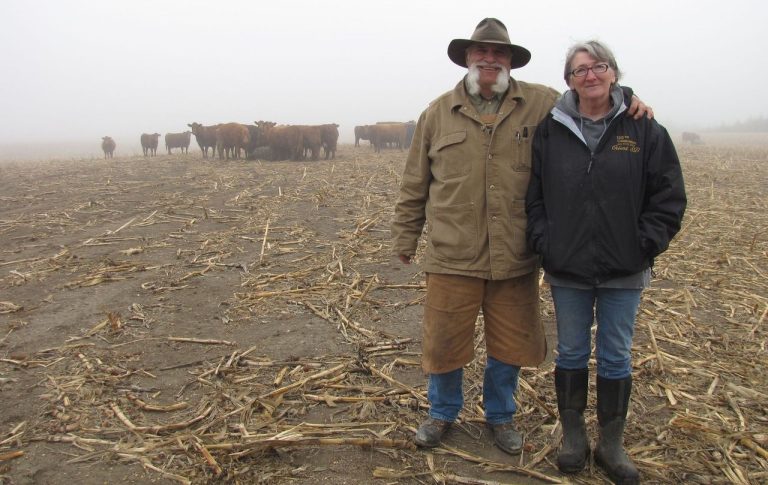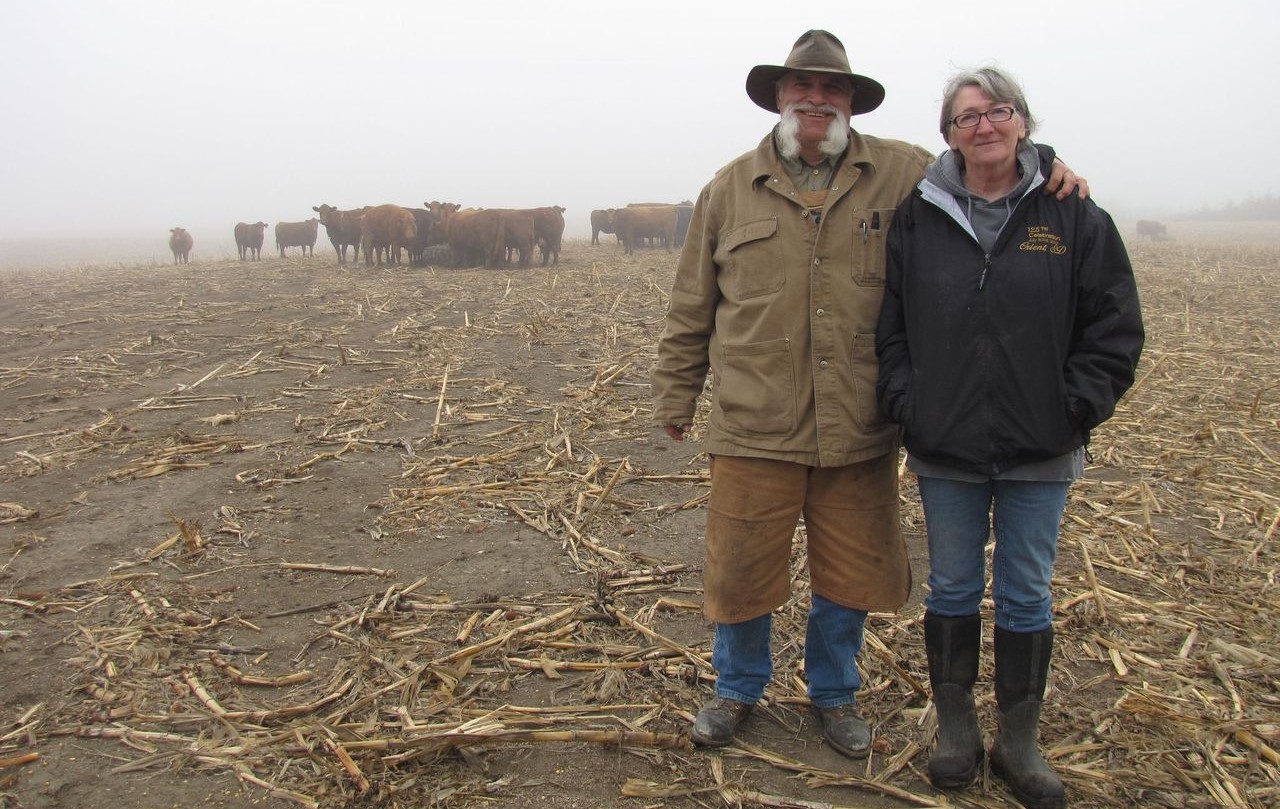PIERRE, S.D. – Whether South Dakota’s efforts to trade directly with the authoritarian regime in Cuba is a wise choice of trading partner, the communist country’s foreign trade officials are anxious to purchase at least $10 million worth of agricultural products from South Dakota, according to a delegation of South Dakota agricultural and business leaders who have returned from a trade mission there.
Called a “state sponsor of terrorism,” by former President Donald Trump who was and continues to be supported by most of South Dakota’s agricultural leadership and interests, those same people are now quick to jump on the trade bandwagon with the Biden administration’s Trade Sanctions Reform Act that allows American farm products to be sold directly to Cuba on a cash basis for the first time in more than 40 years. Since then Cuba has purchased more than $750 million worth of American agricultural products.
The South Dakota trade mission was organized by the Huron-based Value-Added Agricultural Development Center. Center President Gary Duffy of Oldham is optimistic that contracts will be signed and South Dakota farm products will be on the way to Cuba sometime during the next 12 months.
“Persistence and patience are the key words,” Duffy says. “Businesses that are persistent and do what needs to be done in dealing with both the U.S. government and the Cubans are going to have successes.”
“There was one thing that the Cubans made very clear,” he continued. “They want to buy products from South Dakota and I tend to take them at their word.”
Bill Aeschlimann, Kota Story Meats was ready to cut a deal. “Cuba is definitely interested in purchasing from Kota Story. We’re working through the logistics of fulfilling a specific request right now.” Aeschlimann had prepared Kota Story by obtaining an export license for Cuba.
“Cuba has already become an important market for American agriculture. It can and should be a good customer for South Dakota value-added products.” John Sumption, South Dakota Farmers Union State Board member.
American businesses involved in agricultural trade with Cuba need to apply for a license from the U.S. government. Trade negotiations are with Alimport, Cuba’s trading company. Once contracts are signed, Cuban funds are deposited in a French bank where they are converted into Euros (currency of the European Economic Community) and paid to the U.S. business.
Duffy says South Dakotans who want to do business with Cubans should be prepared for tough bargaining. “They know their business,” he says. “They know what they want and they know what they want to pay. We are competing against other states and other countries. It’s a matter of who has the best product at the best price.”
Scott VanderWal of South Dakota Farm Bureau also commented, “We made some valuable contacts and got acquainted with the people who buy food products for Cuba. We also became familiar with their food buying system and the way they do things.”
Robert Weyrich, Agriculture Development Specialist from the South Dakota Department of Agriculture added “Our intent was to foster business relationships. We can work through the challenges of trade with Cuba as we come to them.”











